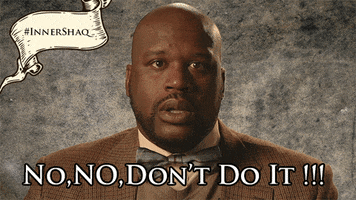- Joined
- Aug 2, 2021
- Messages
- 135
- Reaction score
- 117
So, I've heard mixed messages about including stories in activity descriptions. I fully intend to include stories for my three most meaningful activities. But how do adcoms prefer the format of the regular activity descriptions? I'm unsure about including stories for every activity, but I want to effectively communicate my ecs. I'd appreciate any advice or good resources.



